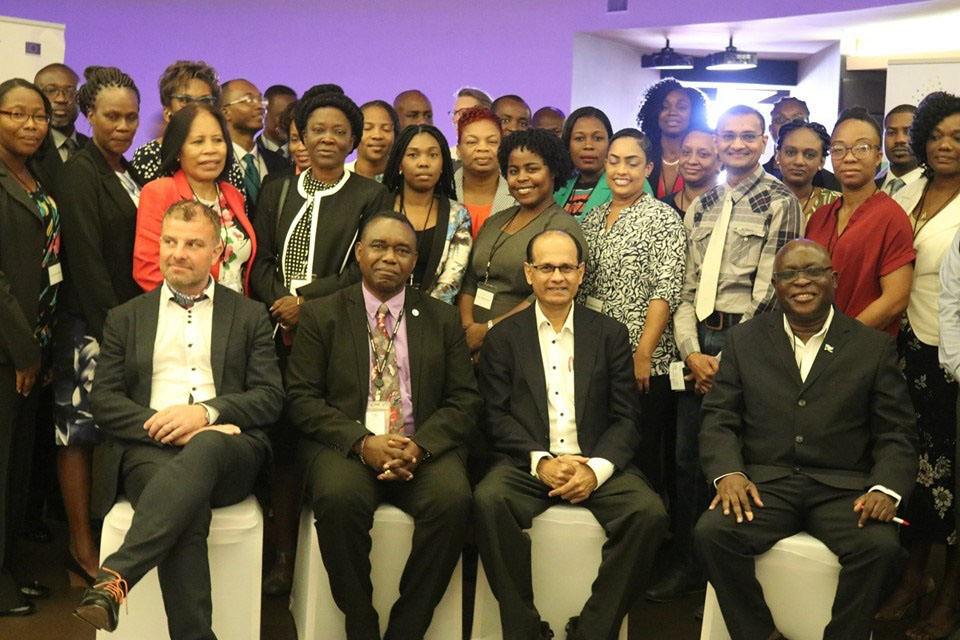With issues of food safety increasingly becoming a consideration that impinges on the state of nations’ health as much as their respective economies, there are indications that the issue is increasingly attracting the attention of Caribbean Community (CARICOM) member countries.
Between July 23rd and 25th, food safety regulators from the fifteen member states participated in a forum in Paramaribo, Suriname, out of which came what reports from the forum described as “a key set of recommendations” designed to enhance the coordination of food safety measures in the region. The regulators also reportedly committed to working together towards the realisation of “harmonised food safety standards in the region.”
The Paramaribo forum comes against the backdrop of the region, over the past decade or so, having been chastened by global developments in the realm of food safety, not least the strengthening of domestic laws globally that keep a closer watch on food imports and the implications of those for food safety. Individual countries in the region have been measuring the impact of the coming into force in 2010 of the United States’ Food Safety Modernization Act (FSMA) and the economic implications that could arise out of loss of markets on account of their food exports not measuring up to standards dictated in the FSMA. That aside, issues of food safety, globally, have been arising in the tourism sector, where concerns over food safety standards could hurt visitor arrivals in the region.
The meeting, which was staged by the Suriname-based Caribbean Agricultural Health and Food Safety Agency (CAHFSA) in collaboration with the Food and Agriculture Organization of the United Nations (FAO) and the Ministry of Agriculture, Animal Husbandry and Fisheries (LVV) in Paramaribo, reportedly derives from a position taken by the government in Paramaribo regarding the desirability of creating a common set of region-wide standards for food safety control in CARICOM member countries. This, according to reports emanating from the deliberations, is designed to ensure that regional markets can be more easily accessed and can serve as “a platform for the penetration of international markets.”
Much of the focus of the Paramaribo forum was on the creation of a regional Task Force on Food Safety, which is intended to serve as a formal coordinating mechanism to provide both region-wide and in-country advice on stepping up food safety standards across the region. The Stabroek Business understands that the Task Force will offer advice on “the prioritisation of food safety challenges and how to promote a common food safety agenda for the region.” This initiative will also take on board an approach for harmonisation of food safety standards in the region.
Participants at the Paramaribo forum were afforded the opportunity to have exchanges with representatives from the food production sector in Suriname and other countries in the region. The absence of such discourses on an ongoing basis is believed to be a key deficiency in regional food safety policy formulation. The intent of those exchanges is to seek endorsement for the creation of the Food Safety Task Force and to develop a standing forum for dialogue with industries in the region, designed to identify common challenges and offer better guidance on food safety solutions.
The regional food safety administrators are reportedly hopeful that the outcomes of their deliberations in Paramaribo will serve as a platform for the development of major food safety policies and standards in the region, and will enable what a Surinamese official called “a more predictable environment for our producers and better protection for our consumers”
Fast-rising global food safety standards have caught much of the region off guard, with deficiencies in both legislation and infrastructure impacting negatively on the ability of some countries to measure up to the higher standards required by major international markets.





